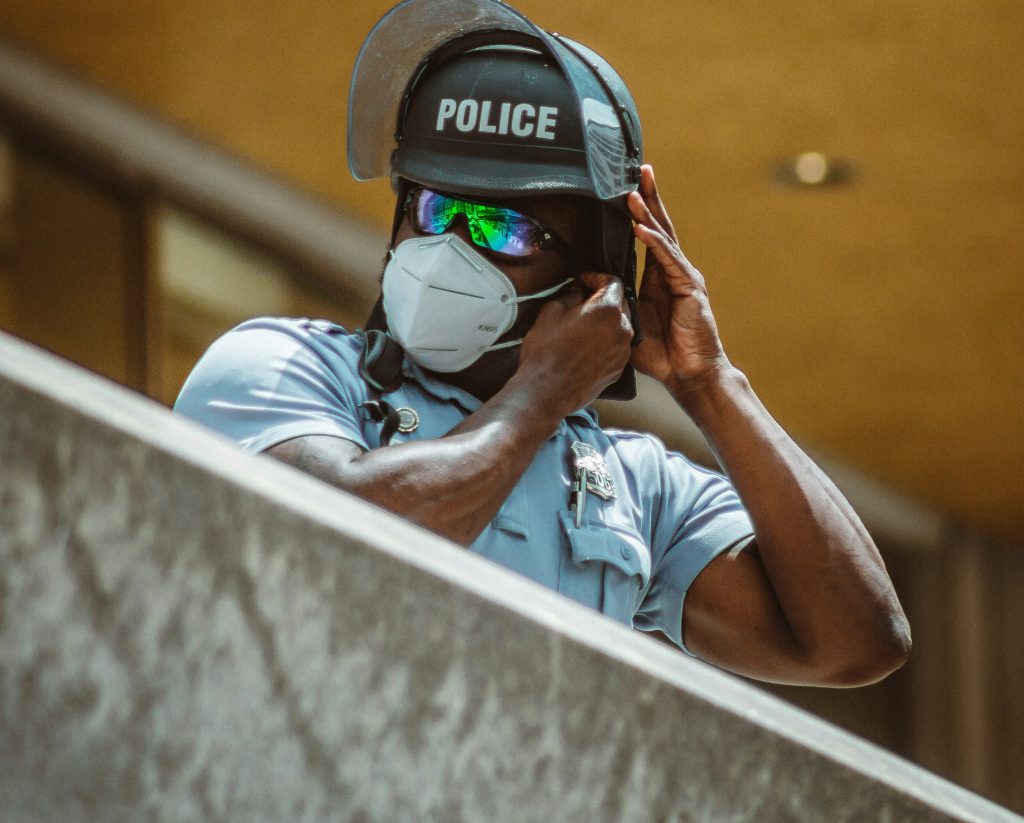Mob burns Nigerian woman to death for alleged blasphemy
3 min read
Mob kills Nigerian woman accused of blasphemy, reigniting debate on faith, justice, and mob violence.
Mob Killing in Nigerian State: Another Blasphemy Case Rocks Nigeria
A shocking case of mob violence unfolded in Niger State, northern Nigeria, where a woman was burned alive after being accused of blasphemy against the Prophet Muhammad. The victim, identified by local media as Amaye, a food vendor, was attacked by a group in Kasuwan-Garba town. Her death has sparked outrage, drawing fresh attention to the dangers of mob justice and the recurring misuse of blasphemy accusations in the region.
Police Condemn “Jungle Justice”
Authorities in Niger State strongly condemned the killing. Police spokesperson Wasiu Abiodun described the incident as “jungle justice” and confirmed that an investigation is underway. He vowed that those responsible would be arrested and prosecuted. However, the fact that the mob acted before security reinforcements could arrive highlights the challenges law enforcement faces in preventing such tragedies.
How the Incident Began
According to eyewitness reports, the incident stemmed from a seemingly trivial exchange. A man jokingly proposed marriage to Amaye, and her response was perceived as blasphemous by some bystanders. The misunderstanding escalated into violence, with the crowd turning on the vendor before authorities could intervene.
Community Tensions Rise
Police have appealed to residents of Kasuwan-Garba and the wider Niger State to remain calm and not to take the law into their own hands. Despite these assurances, the killing has intensified fears of religious tensions in northern Nigeria, where such incidents are all too common.
Blasphemy Under Sharia Law

In northern Nigeria, blasphemy is considered a crime under Islamic (Sharia) law, which coexists with secular law in 12 predominantly Muslim states. This dual system of justice has led to confusion and frequent clashes between constitutional rights and religious interpretations of justice.
A Pattern of Mob Violence
Rights organizations warn that mob killings over alleged blasphemy are recurring and often politically or personally motivated. Amnesty International noted that accusations are sometimes “deliberately orchestrated” to settle disputes or target individuals. Once accused, victims are often lynched on the spot without the chance of a fair hearing.
Other Recent Cases
This is not an isolated incident. In 2022, Deborah Samuel, a Christian student in Sokoto State, was beaten and burned alive after being accused of making blasphemous remarks in a school WhatsApp group. Just a year later, a butcher named Usman Buda suffered a similar fate in the same state when he was stoned to death by a mob. These cases illustrate how fragile religious coexistence remains in parts of northern Nigeria.
Failures in Prevention
Critics argue that Nigerian authorities are not doing enough to stop such attacks. Despite widespread condemnation after each killing, there has been little accountability. Many perpetrators of mob violence walk free, while survivors and victims’ families often receive little to no justice. Human rights groups emphasize the urgent need for reforms that strengthen legal protections and reinforce the rule of law.
Omega Tv UK celebrates ONE YEAR ANNIVERSARY, we wish to thank all our viewers for helping us reach this milestone.
Happy 1st anniversary to Omega TV UK!.
Constitutional Rights Under Threat
Nigeria’s constitution enshrines freedom of expression and religious practice, but the reality on the ground is much more complex. Communities are deeply divided on issues of faith and justice, and mobs often override constitutional protections with violence. The Supreme Court has previously ruled that blasphemy allegations must be proven in court, but this principle is frequently ignored.
Calls for Stronger Action
Activists, legal experts, and religious leaders are now calling for a renewed commitment to preventing mob justice. They stress that only strong prosecutions and public education campaigns can break the cycle of violence. Until then, the fear of blasphemy accusations will continue to loom over communities in northern Nigeria, putting lives at risk.






